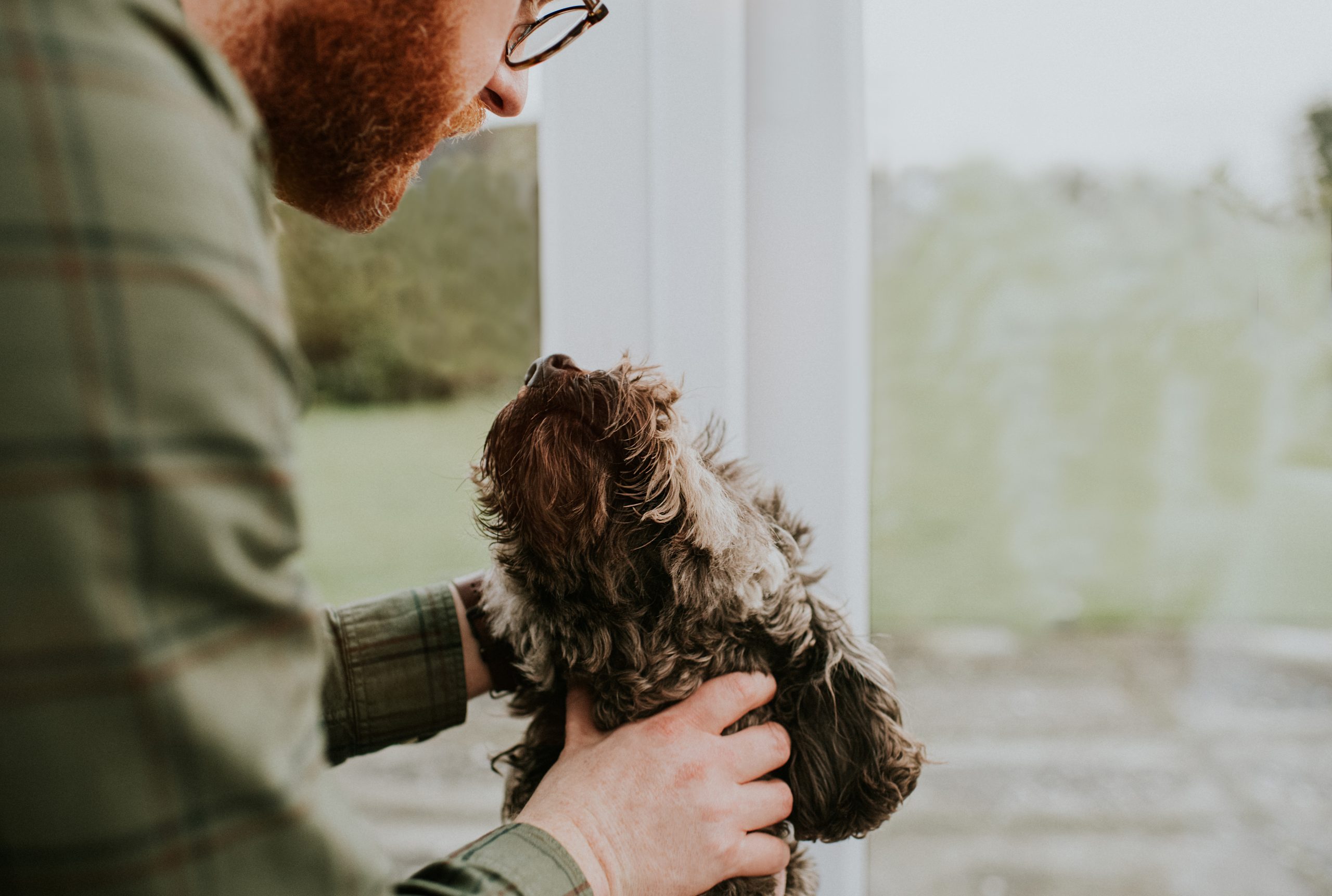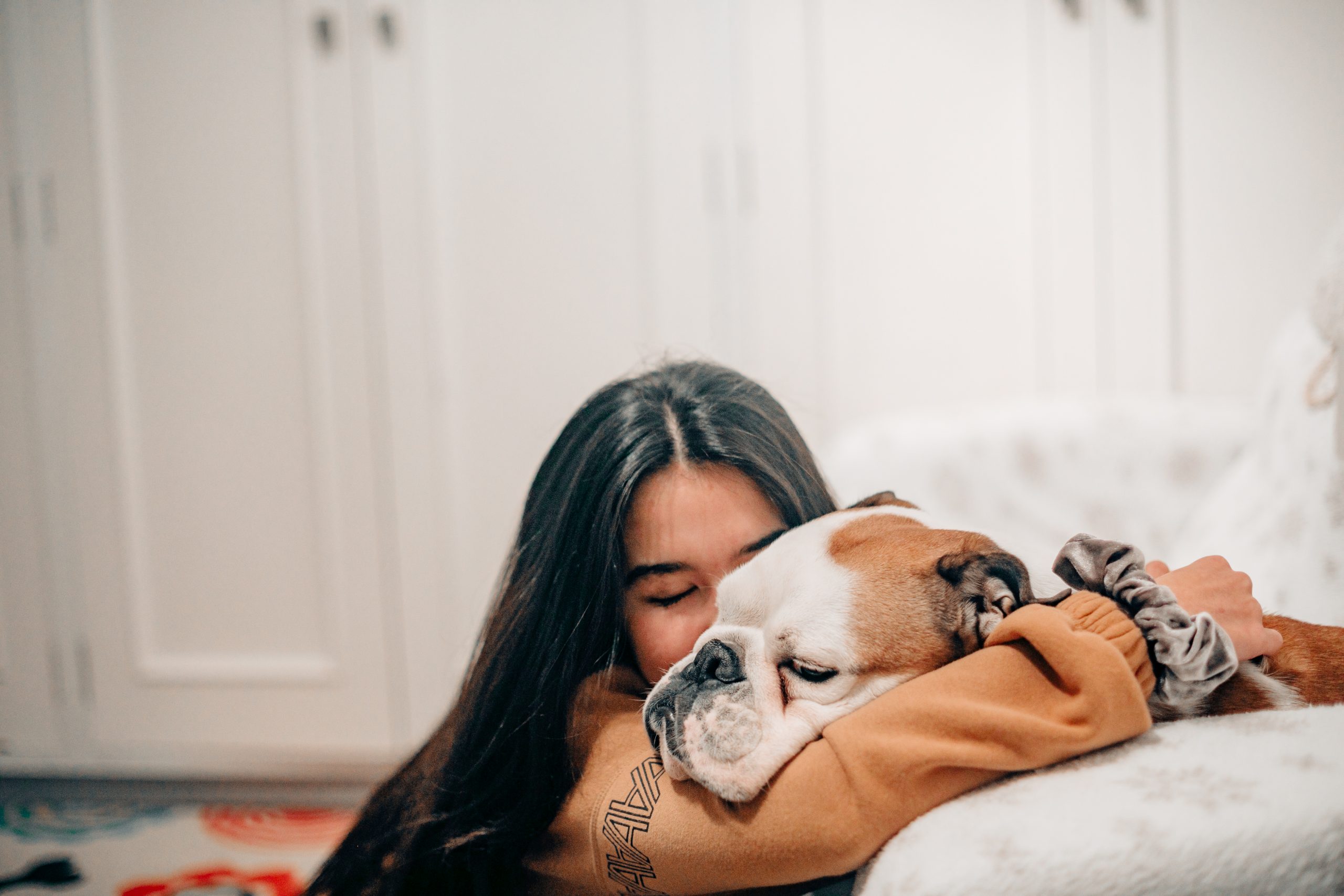Study finds that dogs may not actually be able to recognise faces


A study has found that pet dogs may not actually be able to recognise their owners faces.
According to the study run by a team from Eötvös Loránd University, Hungary, dogs do not respond specifically to human faces.
To come to their conclusions, researchers monitored the brain activity of dogs using an MRI scanner as the animals watched two-second video clips that showed the fronts and backs of human heads.
The research, published in the Journal of Neuroscience, was done by a team of Hungary- and Mexico-based researchers, who were looking to compare the difference between how dog and human brains process visual information.

“The two species differ in their visual communication and this is reflected in their brains,” explained Dr Attila Andics, co-author of the study and a research fellow at Eötvös Loránd University, Budapest.
“We found no dog brain regions which seemed to be tuned to care about faces,” continued Dr Attila. “We think dogs do care about faces, actually — that they’ve learnt to care about them. But, unlike in people, we don’t see a specialised ‘face recognition’ brain region.”
Commenting on how pet pooches seem to be so in tune with their owners’ feelings, Dr Attila went on, “It’s amazing dogs do so well when it comes to reading emotions and identify from faces, despite the fact that they seem not to have a brain designed for having a focus on [them]”.
Sign up to our free daily email for the latest royal and entertainment news, interesting opinion, expert advice on styling and beauty trends, and no-nonsense guides to the health and wellness questions you want answered.

“Our new brain imaging study does not suggest dogs would not be able to recognize their owners' faces,” added Dr Atilla. “What it shows is that dogs, unlike humans, do not have specialized brain regions to process faces.”
''We recognize our own car or phone, while we most probably do not have a highly specialized brain region to process cars or phones,” explained Dr Atilla.
“This is probably similar with dogs, who learnt that humans and also human faces are important, and so they pay attention, learn about faces and with experience they get better.”

Aleesha is Beauty eComm Editor at woman&home, where she gets to share her expertise into all the best techniques, sharpest tools and newest products—with a particular savvy in skincare and fragrance.
Previously, she was Deputy Editor and Beauty & Fashion Editor for My Imperfect Life, where she headed up the beauty, fashion and eCommerce pages. In the past, she has contributed to a number of women's lifestyle publications, including Women's Health and Stylist, and has earned an MA in Magazine Journalism from City, University of London and an AOP awards nomination for her past work on woman&home's news team.